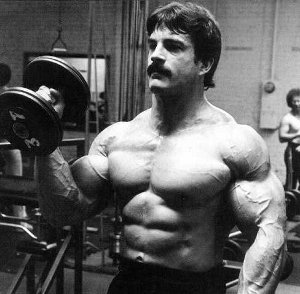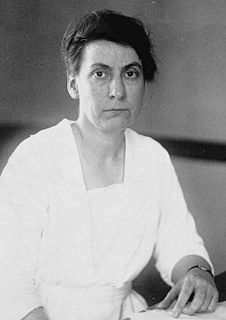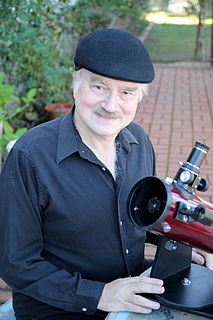A Quote by Louise J. Kaplan
We humans undergo two major growth spurts: one during infancy and another from eleven to twelve until fifteen or sixteen--pubescence. Between the two is a relatively quiescent growth period in which most of the body takes a rest from growing while the brain continues to mature. This period of life is general referred to as childhood or, sometimes, latency.
Related Quotes
All human affairs follow nature's great analogue, the growth of vegetation. There are three periods of growth in every plant. The first, and slowest, is the invisible growth by the root; the second and much accelerated is the visible growth by the stem; but when root and stem have gathered their forces, there comes the third period, in which the plant quickly flashes into blossom and rushes into fruit.
It is amusing to discover, in the twentieth century, that the quarrels between two lovers, two mathematicians, two nations, two economic systems, usually assumed insoluble in a finite period should exhibit one mechanism, the semantic mechanism of identification - the discovery of which makes universal agreement possible, in mathematics and in life.
Language development, for instance, has a critical period that begins in infancy and ends between eight years and puberty. After this critical period closes, a person’s ability to learn a second language without an accent is limited. In fact, second languages learned after the critical period are not processed in the same part of the brain as is the native tongue.
Christ subjected himself to the law of the seed in the earth, to the law of rest and growth. He was "one of the children of the year," growing through rest, secret in his mothers womb, receiving the warmth of the sun through her, living the life of dependence, helplessness, littleness, darkness, and silence which, by a mystery of the Eternal Law, is the life of natural growth.
A life cycle approach to food security will imply attention to the nutritional needs of a human being from conception to cremation. The most vulnerable but neglected segment is the first 1,000 days in a child's life - the period from conception to the age of two, when much of the brain development takes place.
Children, it should be repeated, are not pocket editions of adults, because childhood is a period of physical growth and development, a period of preparation for adult responsibility and public and private life. A program of children cannot be merely an adaptation of the program for adults, nor should it be curtailed during periods of depression or emergency expansion of other programs.
A period of about twelve years measured the beat of the pendulum. After the Declaration of Independence, twelve years had been needed to create an efficient Constitution; another twelve years of energy brought a reaction against the government then created; a third period of twelve years was ending in a sweep toward still greater energy; and already a child could calculate the result of a few more such returns.
Two weeks until your cure" she says finally. "Sixteen days" I say, but in my head I'm counting: Seven days. Seven days until I'm free and away from all these people and their sliding superficial lives brushing past one another gliding, gliding, gliding from life to death. For them there's hardly a change between the two.
Adolescence is a relatively recent thing in human history -- a period of years between the constraints of childhood and the responsibilities of adulthood. This irresponsible period of adolescence is artificially extended by long years of education, much of it wasted on frivolities. Tenure extends adolescence even further for teachers and professors.
































